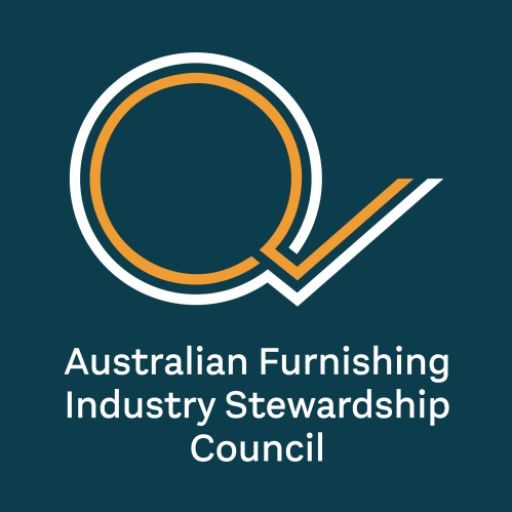Based on the original article by Luba Glazunova, Communications Specialist at Circle Economy, and Megan Murdie, Communications Specialist & Editor at Circle Economy.
As Europe prepares for a major regulatory shift in 2025, the implications for global supply chains — including Australia’s furnishing and manufacturing sectors — are significant. Several long-anticipated European Union (EU) regulations are set to take effect, marking a new phase in the transition toward a circular economy.
According to the Circularity Gap Report 2024, global circularity has dropped to a record low of 7.2%. Outdated legislation that supports linear economic models remains one of the main barriers to progress. In response, the EU is introducing a series of measures designed to make circularity the standard for businesses across sectors.
While these policies are being implemented in Europe, their influence will be global. For Australian suppliers, manufacturers, and retailers, understanding these frameworks now can help future-proof operations, improve compliance, and open new opportunities in sustainable trade.
1. The EU Circular Economy Act
Expected to be a cornerstone of Europe’s new sustainability framework, the Circular Economy Act aims to accelerate recycling, reduce waste, and promote resource efficiency. Building on the 2020 Circular Economy Action Plan, it seeks to harmonise standards across EU member states and strengthen markets for secondary materials — including critical raw materials like copper and lithium.
For Australian businesses, this underscores a growing international demand for verifiable material traceability and circular product design. Companies that begin adopting circular models such as Product-as-a-Service (PaaS) or investing in recycled materials will be best positioned to align with evolving international expectations.
2. The Ecodesign for Sustainable Products Regulation (ESPR)
The ESPR, which takes effect in 2025, will set environmental performance standards for products from design through disposal. Furniture is among the priority product categories expected in the first Working Plan.
Central to this regulation is the Digital Product Passport (DPP) — a digital tool providing transparency about product materials, origins, and environmental impact. DPPs are designed to make products easier to repair, reuse, and recycle — and they’re likely to become a global benchmark for sustainable production.
For Australia’s furnishing industry, the introduction of digital transparency tools like DPPs mirrors AFISC’s own focus on verified transparency and traceable supply chains. These initiatives offer valuable insights for how Australian businesses might demonstrate sustainability credentials in international markets.
3. The Corporate Sustainability Reporting Directive (CSRD)
From 2025, large EU companies will begin reporting on circular economy performance through the CSRD. This includes identifying risks, tracking data, and establishing metrics for circular operations.
While small and medium-sized enterprises (SMEs) won’t face obligations until later, early preparation is crucial. Building internal data systems and mapping material flows now will be key steps for Australian businesses looking to meet similar transparency expectations in the future.
Other EU Initiatives to Watch
Several complementary measures will also take effect in 2025:
-
EU Green Claims Directive: Designed to combat greenwashing and ensure environmental claims are verifiable.
-
Packaging and Packaging Waste Legislation: All packaging on the EU market must be reusable or recyclable by 2030.
-
Waste Reduction Targets: Updated waste frameworks will focus on reducing waste in high-impact sectors such as textiles and furniture.
Why This Matters for Australia
Europe’s circular economy agenda offers a glimpse into what may soon be expected in Australia. As the Australian government rolls out its own Circular Economy Framework (2024), Environmentally Sustainable Procurement (ESP) Policy, and Product Lifecycle Responsibility Bill (2025), the furniture and furnishing sectors will face increasing pressure to prove sustainability through verifiable data and responsible sourcing.
The Australian Furnishing Industry Stewardship Council (AFISC) is committed to helping industry stakeholders navigate this transformation — providing tools, frameworks, and partnerships to align with both domestic and international circular economy goals.
Take Action
Now is the time for Australian furnishing and manufacturing professionals to prepare for the next wave of global circularity.
Join AFISC to access resources, policy updates, and collaborative opportunities that will help your organisation lead the transition to a more transparent, accountable, and circular future.
👉 Learn more and register your organisation’s interest at www.theafa.asn.au/afisc.

